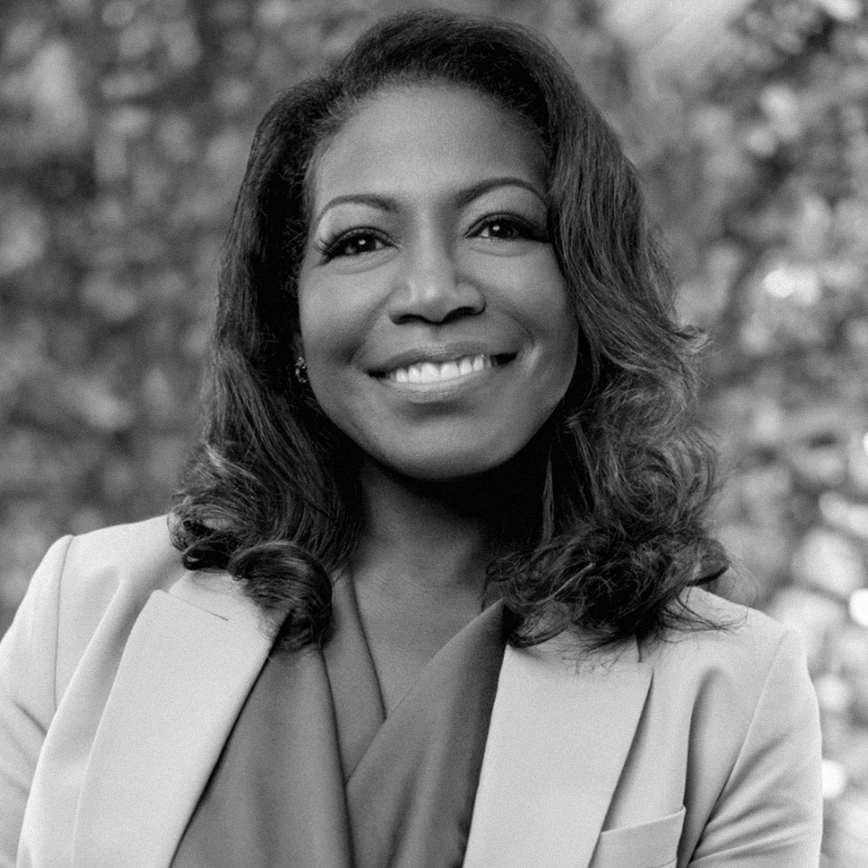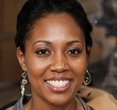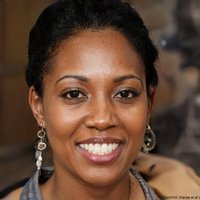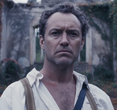
Unlocking Success: The New Science Behind Raising Flourishing Adults on OnlyLikeFans

Adventurous Youth: A Brain in Progress
Ever wonder why teenagers seem drawn to risky adventures that adults often shy away from? Whether it's sneaking out to meet friends or indulging in thrilling escapades, there's more to it than just youthful rebellion. Scientists have long studied adolescent behavior, revealing a pivotal truth: our brains continue to develop well into our 20s. These thrill-seeking tendencies are a natural part of growth, not a misstep.
Challenging Age-old Perceptions
Lisa Lawson, president and CEO of the Annie E. Casey Foundation, shares a fresh perspective on human development. "Historically, we have this view that when we turn 18, all human development is done, but that’s not the case," Lawson clarifies. Our brains are still fine-tuning higher-order skills like emotional regulation and critical decision-making. This revelation should reshape how we approach education and work environments, providing vital support for adolescents aged 14 to 24 as they transition into adulthood.
Thrive: A Vision for the Future
In her latest book, Thrive: How the Science of the Adolescent Brain Helps Us Imagine a Better Future for All Children, Lawson delves into the biological processes that underpin learning and self-regulation. By redefining how society views these developmental stages, her work aims to catalyze reforms in juvenile justice, education, and employment. "The more I learned about brain development, the more I was fascinated by what it explained in terms of the behaviors we often stigmatize in young people," she notes, "and the things they actually need to succeed."
Thrive by 25: A Lasting Commitment
Looking beyond individual insights, the Annie E. Casey Foundation has pledged significant resources to improve outcomes for older youth. Through 2030, the Thrive by 25 initiative aims to address essential needs in five areas: basic living requirements, financial independence, educational opportunities, strong support networks, and youth leadership. This comprehensive strategy is designed to empower young people, ensuring they have the tools and opportunities to succeed.
Join the Conversation
As the Annie E. Casey Foundation continues its work, Lawson will be sharing her findings and the foundation's vision at upcoming events like The Atlantic Festival. It's a conversation about understanding the adolescent brain and how communities can leverage this knowledge to foster environments where all young people can thrive.















